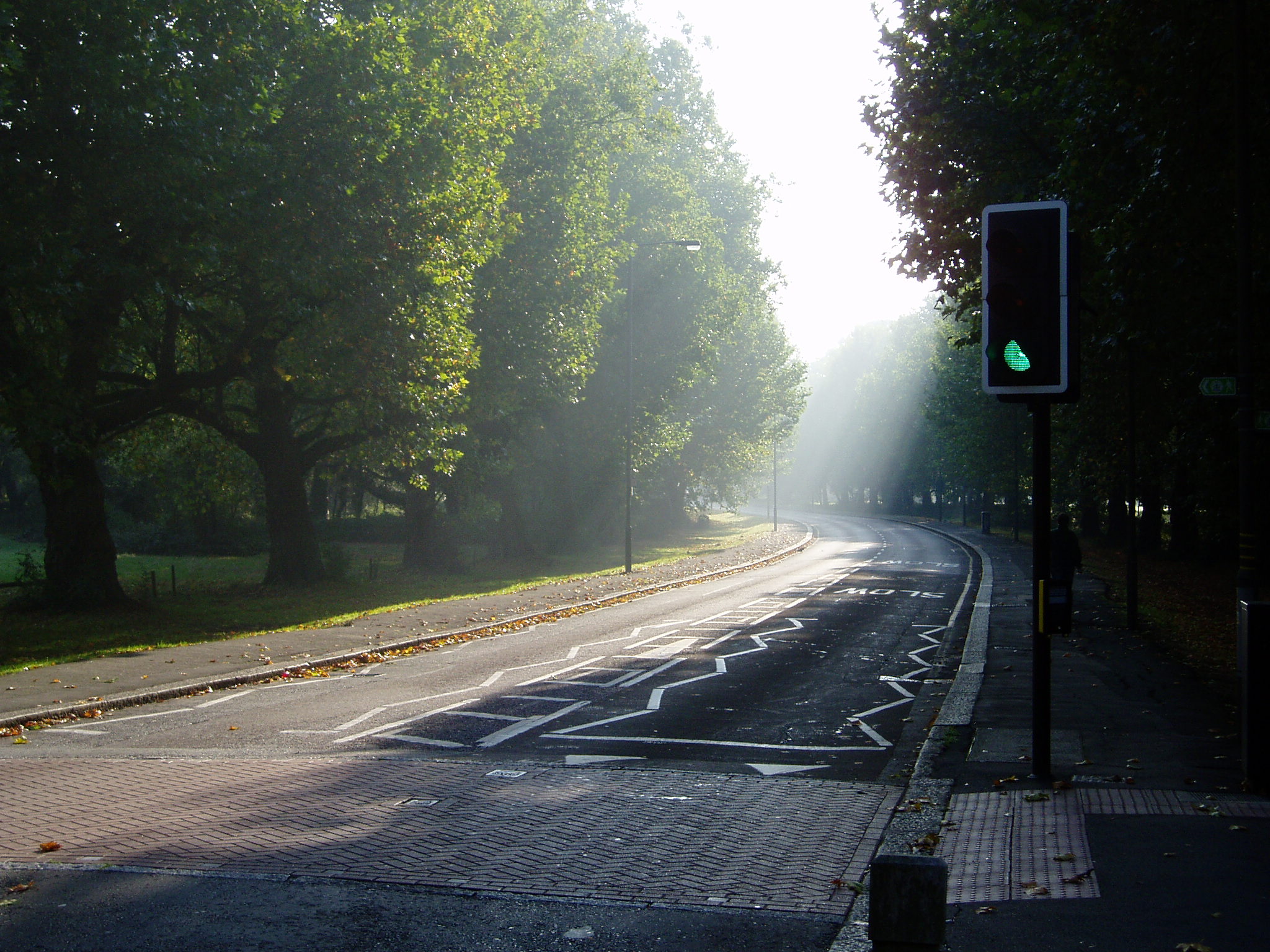On the subject of immigration Brexit is like an advertising campaign to promote the national equivalent of body dysmorphia (anxiety related to a distorted view of the self). When it comes to handling influxes of people, much poorer countries like Ethiopia, the Lebanon and Pakistan must look to Britain and feel a bit like the Little Red Hen, the ones who do all the work, unrecognised, and wonder what all the fuss in Britain is about.
In a world wracked by conflict, poverty and divisive inequality, the number of displaced people is shockingly high and rising, but the latest figures just released by the UNHCR clearly show its not countries like Britain picking up most of the tab – whatever our level of responsibility for the current state of the world.
Over 65 million people were displaced at the end of 2015 (about equal to the whole UK population), and as UNHCR point out, that means, on average, about 24 people being forced to flee every minute. But nearly two thirds of those were displaced within the borders of their own countries.
More than eight out of ten refugees (86%), were not being given shelter by the world’s wealthy countries, but were to be found in poor or middle income countries close to conflicts. The Lebanon, under extreme stress from the war in Syria, housed one refugee for every five of its own citizens. To put that into perspective, the comparative number for the UK would be around one refugee for every 524 citizens. Sub Saharan Africa, the world’s poorest region, hosted the largest number of refugees. In descending order, the countries taking the most are: Turkey (2.5 million), Pakistan (1.6 million), Lebanon (1.1 million), Islamic Rep. of Iran (979,400) Ethiopia (736,100), Jordan (664,100) and then Kenya, Uganda, Democratic Republic of Congo and Chad.
So many numbers, but behind all the bluster, distortions and wilful manipulation of people’s fear and insecurity that the subject of immigration has been subjected to, is it possible to get a sense of the difference expected immigration is likely to make in the UK? Our population is projected to grow to about 70 million by 2027 – up from 64.6 million in 2014. About half of that increase (51%) is expected to be due to net migration, 2.7 million people – and the rest will be from children being born here. Of the people coming to Britain, less than half (around 45%), come from the EU and 55% from non-EU countries.
What does that mean in terms of how migration from the EU to Britain changes things? Allowing for a simple bit of rounding, imagine you are standing today in a room with 65 people. Ten years from now the additional number of people sharing that room with you, due to migration from the EU, will be a grand total of one (plus, maybe, a leg).
Even if you allow for the full increase due to people coming from places outside the EU and other factors like natural, domestic population growth, you will only have the company of five extra people, in total. Can you tell the difference between standing in a room full of 65 people as opposed to 66, or even 70? I am not sure I could.
None of this is to say that there aren’t resource implications, but it is to say that they are typically exaggerated and wilfully overlook that those extra people in the room have a lot to contribute (by far, most migrants come to Britain to study or be working taxpayers) – and typically make the party swing a bit more.
What I haven’t even mentioned here, is the anti-environmental sentiments and divisive, neoliberal economic doctrine at the heart of the Brexit campaign. Both these attitudes create the conditions in which large scale migration becomes more, not less likely. How ironic, that the Leave campaigners have built a political project premised on a desire to reject responsibility for those displaced by the very winds of economic and environmental change that they, themselves, are fanning.














